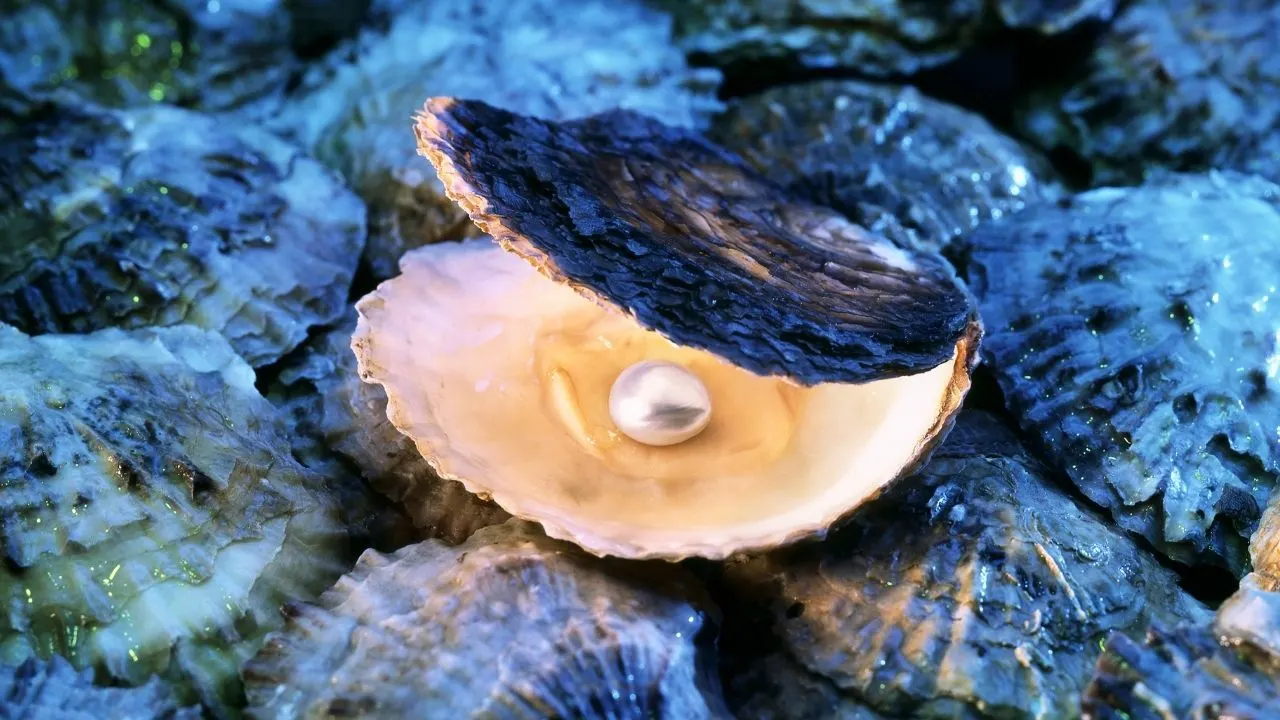English expressions come from all over the world. This isn’t surprising when considering the rise and spread of English as a global language.
They also come from all different time periods. Sometimes, these older expressions have surprising staying power.
Usually, this is the case for expressions that come from literature.
Today, we’ll look at an example of a saying nearly everybody has heard before. And, true to form, it originates in Shakespeare.
What is the meaning of “The world is your oyster”?
The expression “the world is your oyster” means that someone has a bright future with many opportunities. The saying, which originates from a play by Shakespeare, gets its meaning from the pearls that are hidden in the center of many oysters.
“The world is your oyster” — Origin

Every expression has an origin story. Understanding it can help you understand an expression’s meaning, whether in a hot minute or of “the world is your oyster.”
The first recorded written use of “the world is your oyster” comes from one of the English language’s greatest authors, William Shakespeare.
In 1602, Shakespeare published a comedy called “The Merry Wives of Windsor.”
Based on the playwright’s successful historical play Henry IV, the play follows the comedic character John Falstaff as he falls in love.
More importantly, this play contains an exchange where a character says they won’t give Falstaff even a penny. He responds that, “Why, then, the world’s mine oyster, which I with sword will open!”
In other words, Falstaff is saying that he will take what he wants from the world if it isn’t being given to him.
Why Do People Say “the world is your oyster”?

Today, the meaning of this expression has changed a little. In particular, people don’t usually say the world is their oyster.
Instead, this expression is usually said to other people.
Also, there is usually no brandishing of swords.
Rather than suggesting that the person whose world is “an oyster” is likely to attack it and get what they want, the meaning of “the world is your oyster” is supposed to be inspirational.
It suggests that the person in question has unlimited opportunities and a bright future.
This might seem like a strange expression at first, but remember where it comes from.
In the original version, Falstaff was going to crack the oyster open. Inside the oysters are pearls. This means that if “the world is your oyster,” you will likely find treasure in it!
How to use “the world is your oyster”
Understanding when and how to use words or phrases is complicated. Just ask anyone who’s ever had to learn how to use hence in a sentence.
Fortunately, the expression “the world is your oyster” is a complete clause.
That means that, unlike some other expressions, it can be used by itself or in a more complete sentence.
If you need help figuring this out, see our article on clauses vs phrases for more guidance.
More generally, all you have to do to use the expression “the world is your oyster” is to add it to any sentence or conversation that makes sense.
Remember that the meaning of the expression is something like “you can do whatever you want.” Yet another expression for just that is “You do you.”
Whenever you might use that clause in a sentence, you can swap in the more metaphorical expression, “the world is your oyster.”
Example Sentences
“Wow, after that the world will be your oyster!”
In this example, the second speaker expresses excitement for what the future holds for speaker number one.
In this admittedly whimsical example sentence, someone with a great love for chocolate is excited to see what’s next. Note that this sentence has “the world is my oyster” instead of “your” oyster.
The meaning is basically the same, although this version of the saying is less common.

Hey fellow Linguaholics! It’s me, Marcel. I am the proud owner of linguaholic.com. Languages have always been my passion and I have studied Linguistics, Computational Linguistics and Sinology at the University of Zurich. It is my utmost pleasure to share with all of you guys what I know about languages and linguistics in general.
